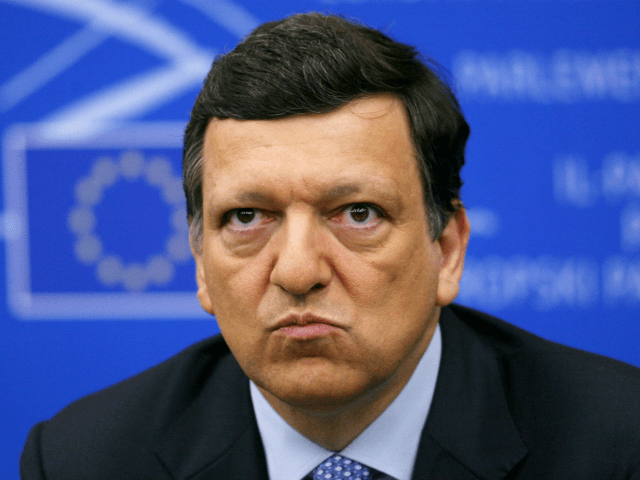BRUSSELS (AFP) – A leading transparency watchdog on Tuesday urged the EU to crack down on the “revolving door” of former officials joining lobbying groups.
More than half of the people on the last European Commission and nearly a third in the previous European Parliament have joined EU lobbies, Transparency International said.
Cases of former politicians moving into private sector jobs extended well beyond the high-profile incident of former commission president Jose Manuel Barroso joining the board of the US investment bank Goldman Sachs.
“We need rules that prevent conflicts of interest or the capture of the institutions by lobbyists,” Daniel Freund of Transparency International EU said in a statement.
The group said it had carried out the first full analysis of such moves, which showed that 50 percent of ex-Commissioners and 30 percent of former MEPs were now working for organisations on the EU lobby register.
In one case, 57 percent of the accredited lobbyists for the US hi-tech giant Google had previously worked for EU institutions.
Transparency’s analysis covered the 27 commissioners on the European Commission, the executive of the 28-nation European Union, and the 485 members of the European Parliament who left their jobs after the 2014 parliamentary elections.
It said the trend, which was also happening in the United States, raised the risk of favours, group think and the exchange of insider knowledge about how to circumvent EU regulations.
– Tackling the ‘revolving door’ –
“Risks of conflicts of interest cannot be ruled out,” the watchdog said.
“Most worrying are those situations where senior decision-makers from the EU move directly into positions where they seek to influence former colleagues or their staff or join organisations they have previously regulated,” the watchdog said.
It said commissioners from former Portuguese prime minister Barroso’s second term from 2009 until 2014 have taken up jobs in big firms like Arcelor-Mittal, Uber, Bank of America and Volkswagen.
In the wake of the Barroso scandal last year, European Commission chief Jean-Claude Juncker proposed extending from 18 months to three years the “cooling-off” period during which former commission presidents must inform Brussels if they take a new job.
That period would be extended from 18 months to two years for former commissioners.
Responding to the report on Tuesday, Juncker’s spokesman Margaritis Schinas defended EU ethics rules as “the tightest rules that you will find in the areas of ethics, both in international organisations and national governments.”
Transparency International said Canada, Norway and France had tougher rules against the “revolving door phenomenon” than the EU.
Canada requires a five-year cooling off period for senior officials, ministers and members of parliament, it added.

COMMENTS
Please let us know if you're having issues with commenting.